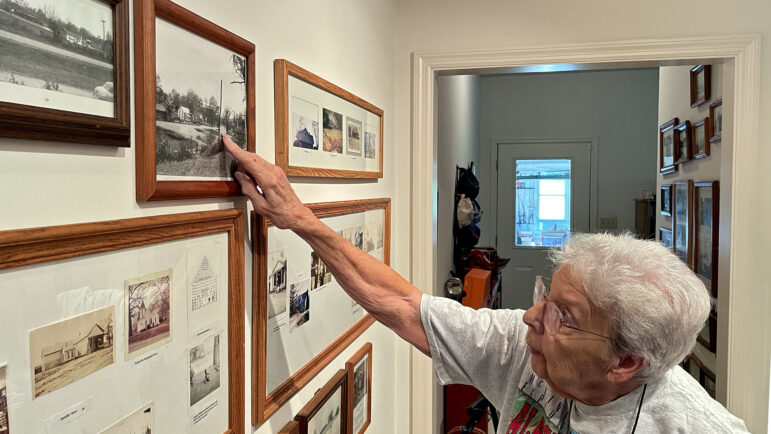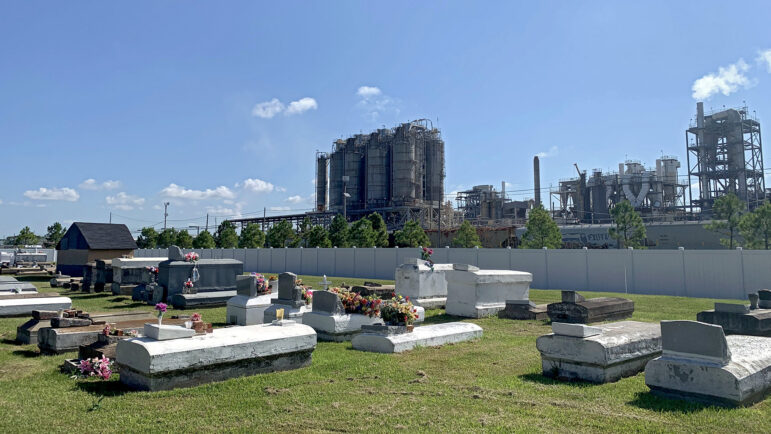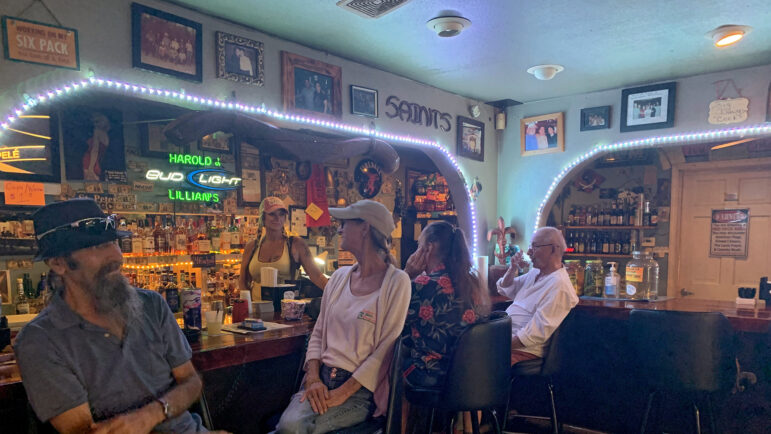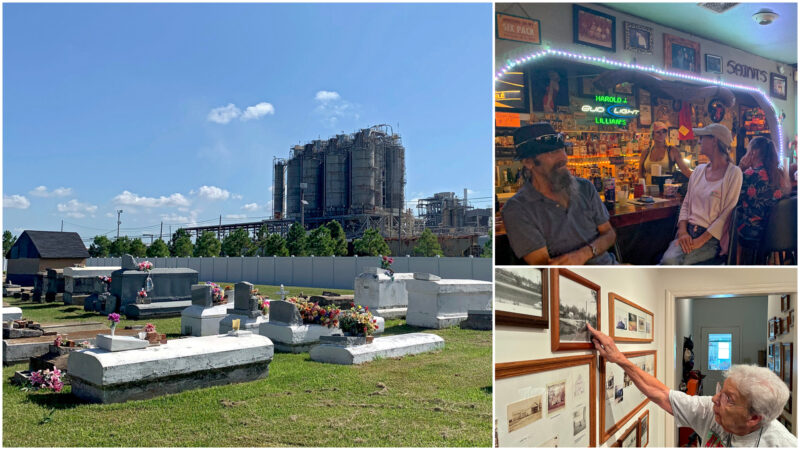Place, Erased: A look at Gulf South communities transformed by forces beyond their control
The “Place, Erased” series focuses on three towns and communities devastated by natural or man-made environmental shifts in the Gulf South: Revilletown, Louisiana, Clermont Harbor, Mississippi, and Easonville, Alabama.
Drive throughout the South and you’ll encounter towns that have been erased. Places that were once full of culture and community are devastated, and in some cases wiped off the map entirely, after major environmental shifts — some natural, some man-made.
In a three-part series, Gulf States Newsroom reporters Danny McArthur and Drew Hawkins traveled across Alabama, Louisiana and Mississippi to examine the journeys of these towns.
Easonville, Alabama: Lessons from a drowned town

Easonville, Alabama was a rural, but thriving, town until an Alabama Power project drowned it to create the Logan Martin Dam.
Sixty years later, residents living near an Alabama mountain faced the same threat. In both cases, the project was touted as a potential green energy source.
Danny McArthur speaks to residents from both communities to determine the overlooked cost of progress in these man-made environmental shifts.
Read More: Place, Erased: How a drowned Alabama town still holds lessons 60 years later
Revilletown, Louisiana: Toxic neighbors

When industry brings toxic pollution to town, Black residents are often in the cross hairs for relocation.
The residents of Revilletown in Southeast Louisiana found themselves in this situation after a chemical company moved in next door to take advantage of the area’s resources. For decades, Revilletown was a close-knit community with about 100 or so residents. But by 1987, enough toxic pollution forced the residents to relocate.
But Revilletown’s story did not end there. Drew Hawkins details the yearslong legal battle over who owns the town’s cemetery.
Read More: Place, Erased: The fight for the remains of a Louisiana town
Clermont Harbor, Mississippi: Ghost town or not?

When is a ghost town actually a ghost town?
That question lingers over Clermont Harbor, Mississippi, an unincorporated town along the Mississippi Gulf Coast that technically doesn’t exist anymore —the town has been wiped off most maps in the years following Hurricane Katrina.
But, Danny McArthur talks to the residents who have kept the community alive in the face of climate change.
Read More: Place, Erased: Is this Mississippi community really a ghost town? It depends on who you ask
This story was produced by the Gulf States Newsroom, a collaboration between Mississippi Public Broadcasting, WBHM in Alabama, WWNO and WRKF in Louisiana and NPR.
Mitski comes undone
She may be indie rock's queen of precisely rendered emotion, but on Mitski's latest album, Nothing's About to Happen to Me, warped perspectives, questionable motives and possible hauntings abound.
This quiet epic is the top-grossing Japanese live action film of all time
The Oscar-nominated Kokuho tells a compelling story about friendship, the weight of history and the torturous road to becoming a star in Japan's Kabuki theater.
The Live Nation trial could reshape the music industry. Here’s what you need to know
On Tuesday opening statements will begin for the federal antitrust trial against Live Nation, one of the largest entertainment companies in the world.
A new one-a-day-pill holds promise for HIV’s ‘forgotten population’
It's designed to take the place of complicated, multiple drug regimens that many people with HIV need to follow. And it's also beneficial because the HIV virus is always evolving.
For filmmaker Chloé Zhao, creative life was never linear
Director Chloé Zhao used meditation, somatic exercises and dance to inspire the cast and crew of this Oscar-nominated story about William Shakespeare's family.
10 new books in March offer mental vacations
March is always a big one for books – this year is no different. We call out a handful of upcoming titles for readers to put on their radars — offering a good alternative to doomscrolling.








